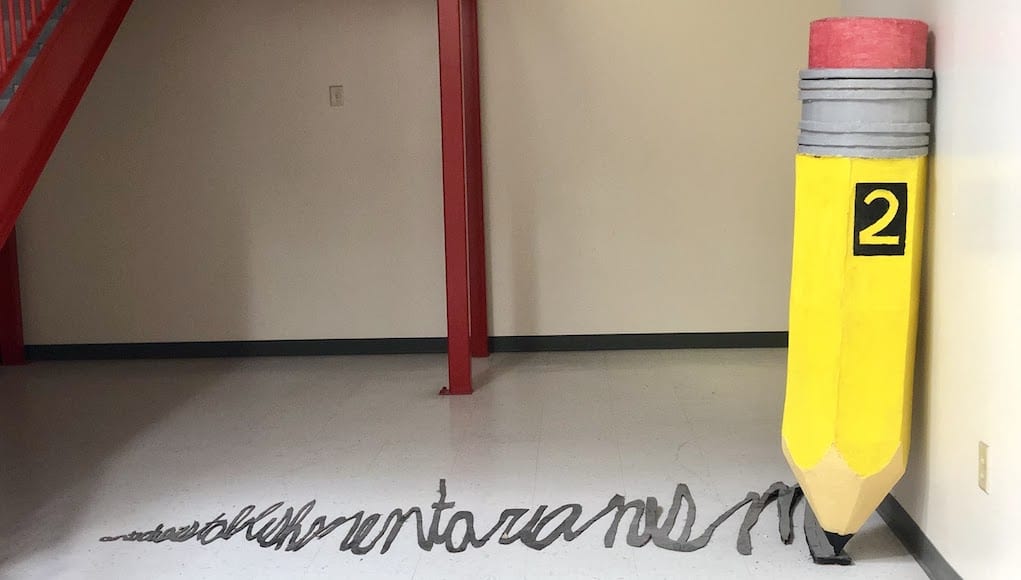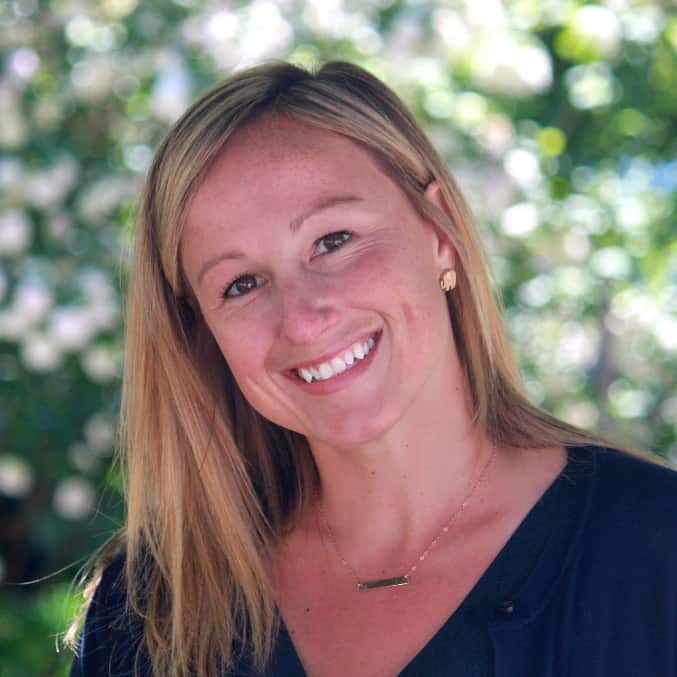Learner-Centered Schools in Albemarle County

Charlottesville is a place where all people — professors, chefs, artists, environmentalists, mechanics — live, work and play.
The schools are also comprised of a vast range of families and varying interests for what is best for their students. As a result, Albemarle County Public Schools (ACPS) include options for students and families that are designed around student needs, interests, academic goals, and passions. This work to rethinking what learning looked like in ACPS began over a decade ago, starting with the leadership of former Superintendent Pam Moran and continues to evolve and be refined under new Superintendent Matthew Haas.
We recently visited schools in ACPS and saw first-hand how these options are creating space for creativity, authentic learning and a love for school. Jennifer Sublette, Director of Professional Learning, shared how learner-centered education requires that the educators engage students in exploring their curiousities and that they explore their own passions and interests alongside students. Throughout the K-12 schools, there are options and different learning spaces to meet students needs. The following are just four examples we highlight through pictures and overviews of how learner-centered Albemarle schools are:
Murray High School and Community Public Charter
Co-located in the same building, Murray and Community Public Charter Middle School serve as a lab school in the true sense that charters were created.
Chad Ratliff, Principal of the schools, shares more about the purpose of the school in their welcome back letter to students and families, “As a district-backed charter school, we will also emphasize our role as a learning innovation laboratory. The goal is to provide a model for how to provide equitable access to resources, fair and meaningful assessments, and flexible scheduling that supports student-centered learning, as well as to empower students to choose paths aligned with their learning passions.”
They try and see if particular innovations or adaptations to teaching and learning potentially could work across all of the K-12 schools by trying them, getting student feedback and reporting back to the other schools in the district.
Stephanie Passman, Lead Teacher, shared that students that attend the school appreciate the opportunity to explore their passions while achieving their middle and high school requirements.
The schools are mastery-based and a part of the National organization, Mastery Transcript Consortium. Therefore students work to demonstrate mastery throughout their passion projects and work with teachers to meet their individual goals. Students are excelling with this model. Debora Collins, Deputy Superintendent, has been working in ACPS to ensure there is high-quality instruction for all students and is eager to see how Community helps shape what the next decade of teaching and learning in ACPS brings.


Agnor Hurt Elementary School
Doug Granger, Principal, and former Army trumpet player loves coming to Agnor Hurt every day. He knows as a team that they are providing families and students with options to learn in spaces (many of which are multi-age classrooms) that allow for flexibility (in how they learn, in seating options and in approaches to teaching). He owns where he still wants to grow as a school but is proud of how they have worked to make teaching and learning engaging, relevant and joyous again for the Agnor Hurt community.
Agnor Hurt has a diverse student population and many students who have, or currently are, experiencing trauma. The ability to have multiple teachers in one space working with a cohort of students has allowed for more individual care and time to each student.
Every student we talked to was full of joy and enthusiasm for the project or assignment they were working on, even right down kindergarteners. One young lady insisted on sharing with each of us what she was learning and why it was important to her.





Albemarle High School
Team, Fusion, and MESA are just three of the pathways at Albemarle High School, a large comprehensive high school in the heart of Charlottesville. Many students get “lost in the shuffle” when there are over 2,000 students in one building. At Albemarle, students work together in smaller teams on integrated content courses (such as English and World History). They receive additional support in areas they might need it and work with the same teachers for longer periods of the day, unlike traditional high school where you constantly switch classrooms, teachers, and peers.
Students also have the option to engage in project-based learning in academics like MESA (Math, Engineering and Science Academy). Students we visited were building prototypes that they were going to test out the next day. Jay Thomas, former AHS principal, and now ACPS Secondary Director, who developed the micro-communities at AHS along with staff innovators.





Center One
Center One, a new learning option for students in ACPS, is off to an incredible inaugural year under the leadership of Head Teacher David Glover (pictured below). Center One is a 45K square foot micro-community co-located in a former industrial warehouse along with companies that now occupy the space. This is the first of multiple centers that will be place-based and community embedded rather than building a fourth comprehensive high school in the county ACPS students can come to Center One to explore their passions, creativity, and innovation several days out of the week.
Project-based learning is one approach used to tap into student interests and passions and to fuel more learner-centered environments. For example, Colson designed, prototyped, created and a guitar that he played for us and plans to build even more instruments. He shared that the integration of math, creativity, craftsmanship and science in the design of the guitar felt fulfilling, challenging and interesting — an experience he hasn’t always felt in traditional high school courses.



Keep ACPS on your list of places to visit and see how they continue to rethink what teaching and learning can look like for all students.
For more, see:
- Find a Way to Yes: 9 Leadership Lessons from Pam Moran
- HQPBL Case Study: Albemarle County Public Schools
- 15 School Districts Worth Visiting
Stay in-the-know with innovations in learning by signing up for the weekly Smart Update.







0 Comments
Leave a Comment
Your email address will not be published. All fields are required.